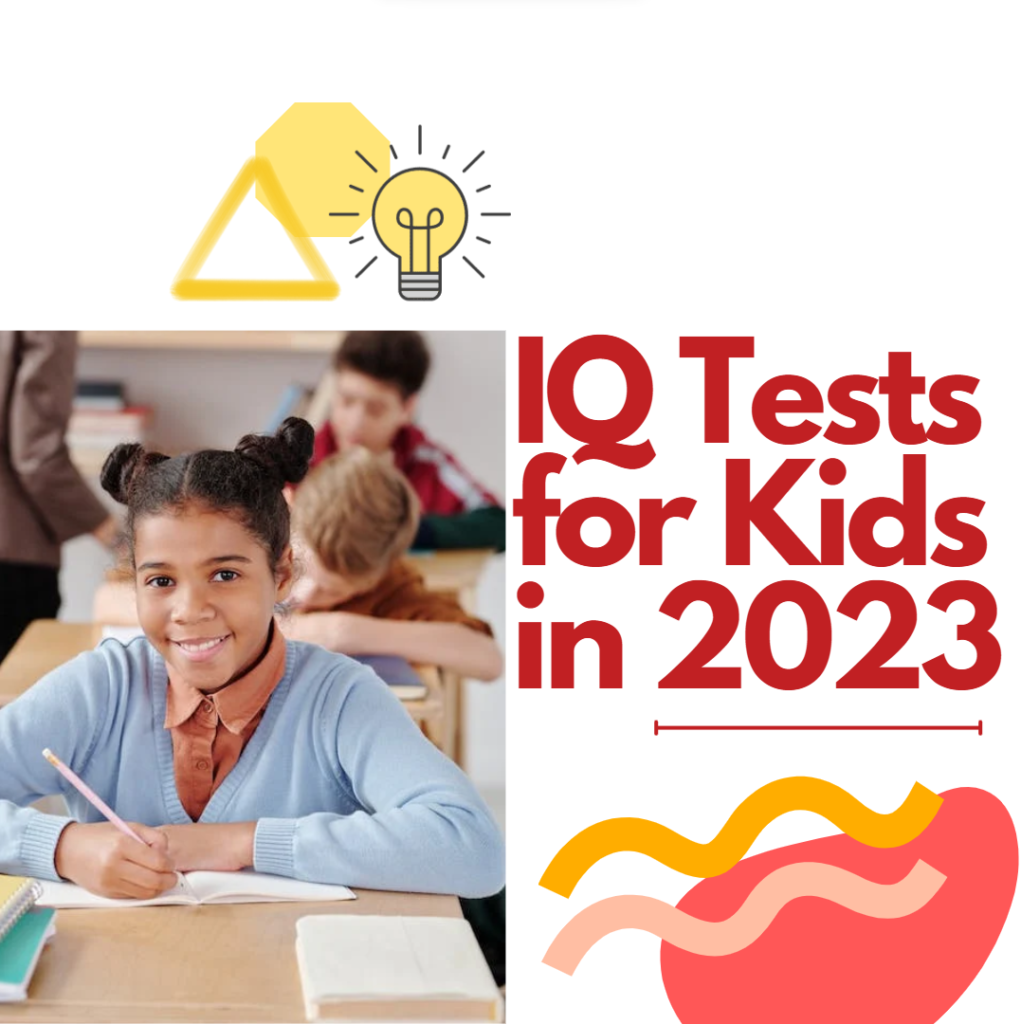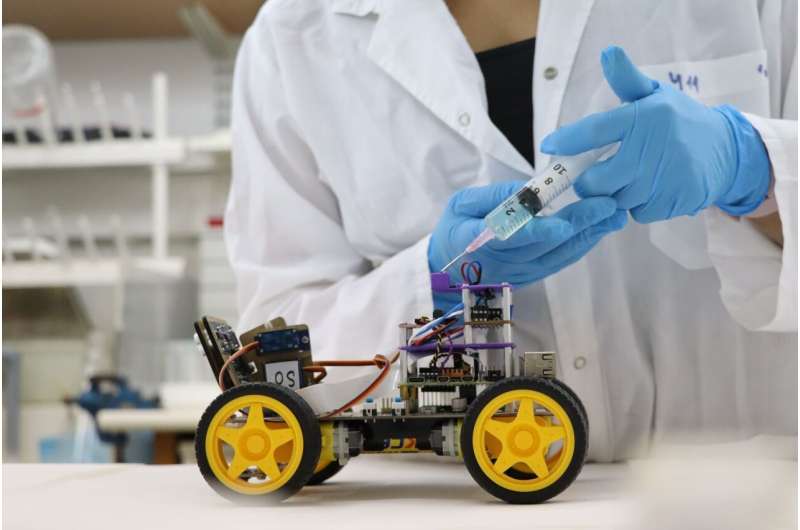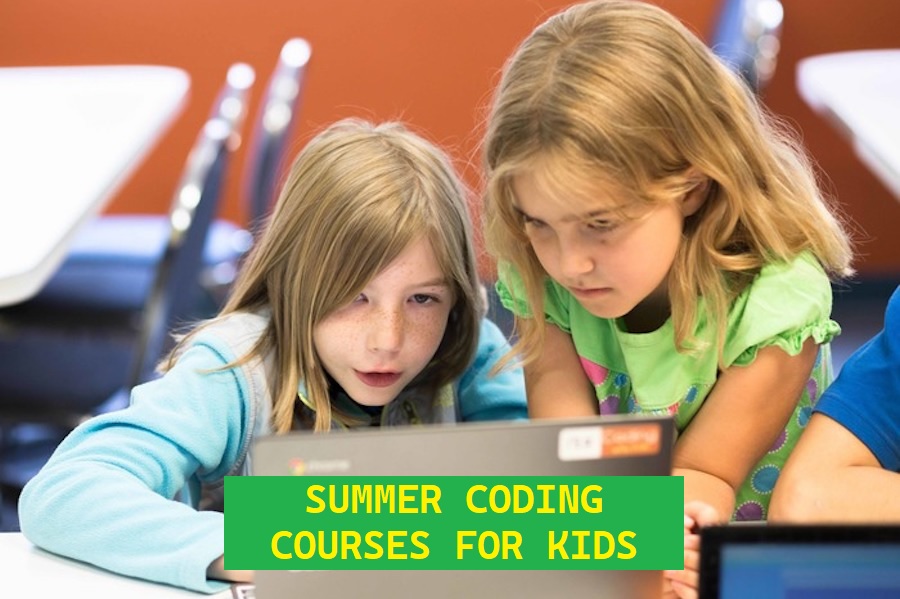Intelligence Quotient or Cognitive Assessment tests (IQ tests) are used to determine a child’s learning capability by identifying their cognitive strengths and weaknesses. They largely test a child’s reasoning skills, working memory, speed of thought, comprehension, and visual and spatial thinking. When interpreted in tandem with other aspects such as school performance, artistic ability, and parent and teacher interviews, it can provide a strong foundational understanding of the individual child.
Benefits of Intelligence Assessments
Cognitive assessments with children assist in the examination of:
- Intellectual giftedness: A cognitive assessment will help to determine whether a child can access gifted and talented programs or special classes, including admission to selective schools, acceleration or opportunity classes, and GERRIC (UNSW). It can also guide teachers in the provision of extension activities in the classroom setting. Tests such as CogAT, OLSAT, NNAT, CCAT, and SAT-10 are often used for the purpose of identifying gifted children for enhanced challenges.
- Multiple Intelligences: A cognitive assessment helps in identifying that children have different strengths and weaknesses in different types of intelligences. Dr. Howard Gardner proposed the multiple intelligence theory in 1993, and we still don’t have complete acceptance of it. Tests and Cognitive Assessments help children to identify their relative strengths in different areas of intelligence like musical intelligence, spatial intelligence, naturalistic intelligence, and more.
- Learning difficulties or disabilities: A cognitive assessment in conjunction with an educational assessment can assist in identifying the presence of a learning difficulty or disorder and help teachers make appropriate accommodations for students in the classroom. This information can be used to manage and minimize negative experiences at schools such as poor academic results, school avoidance and low self-esteem.
- Intellectual difficulties or disabilities: An assessment will assist in identifying children with an intellectual disability, which is characterized by an IQ test score at least 2 standard deviations below the mean (this often equates to an IQ score of 70). Following an assessment, children and parents will have a better understanding of how an intellectual disability impacts the child’s ability to learn.
Popular IQ Tests in 2023
The Wechsler Intelligence Scale for Children (WISC – V) – Version 5
The WISC-V is a very popular test for children in the age group of 6-16 years. The test has multiple subsections that together reflect their performance using five factor scores in fluid reasoning, verbal comprehension, visual-spatial thinking, processing speed, and working memory.
Stanford Binet IQ Test (SB 5)
The Stanford Binet test is another very popular test that is designed to identify children who are higher on the learning abilities and children who are lower on the learning abilities scale. This is one of the earliest tests launched in 1905 for children, and had multiple updates of the test. The test is divided into 15 sub-sections that test working memory, verbal reasoning, visual reasoning, quantitative reasoning, and disabilities around working memory.
Mensa’s IQ Test
This is a test that examines the mental agility of the student. This is more appropriate for children aged above 10-11 years. The test is divided into two subsections: The first section assesses the student through verbal reasoning and the second section assesses the student through non-verbal reasoning. This removes the possibility of students having any language difficulties or for those whose first language is not English.
The Woodcock-Johnson Test
The test can be taken by children of all age-groups. The Woodcock-Johnson test is largely used to identify children for gifted and talented programs. The test can also be used as a source of information to identify learning difficulties in children. This test has shown good correlation results with academic performance of children historically. Among academia, the Woodcock-Johnson test is widely considered as the most comprehensive test of multiple intelligences.
Preparing children for these tests
Following are some good practices to follow on the journey to preparing children for these tests.
- Understand the format of the test and the different types of questions
- Practice, practice, and practice ample number of questions
- Pickup reading books as a habit – builds your vocabulary and comprehension
- Reduce long screen times for children, and discipline them to sleep well
- Ensure that the child is healthy, having ample balanced rest, and has good breakfast filled with fruits before the test.
If you’re looking to prepare for these tests, check our teaching guidance at UnicMinds by booking a free trial class.
Hope this is useful, thank you.
You may like to read: Scratch Coding Quiz, Block Coding Quiz, & Kangaroo Math Test USA




